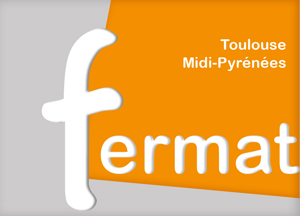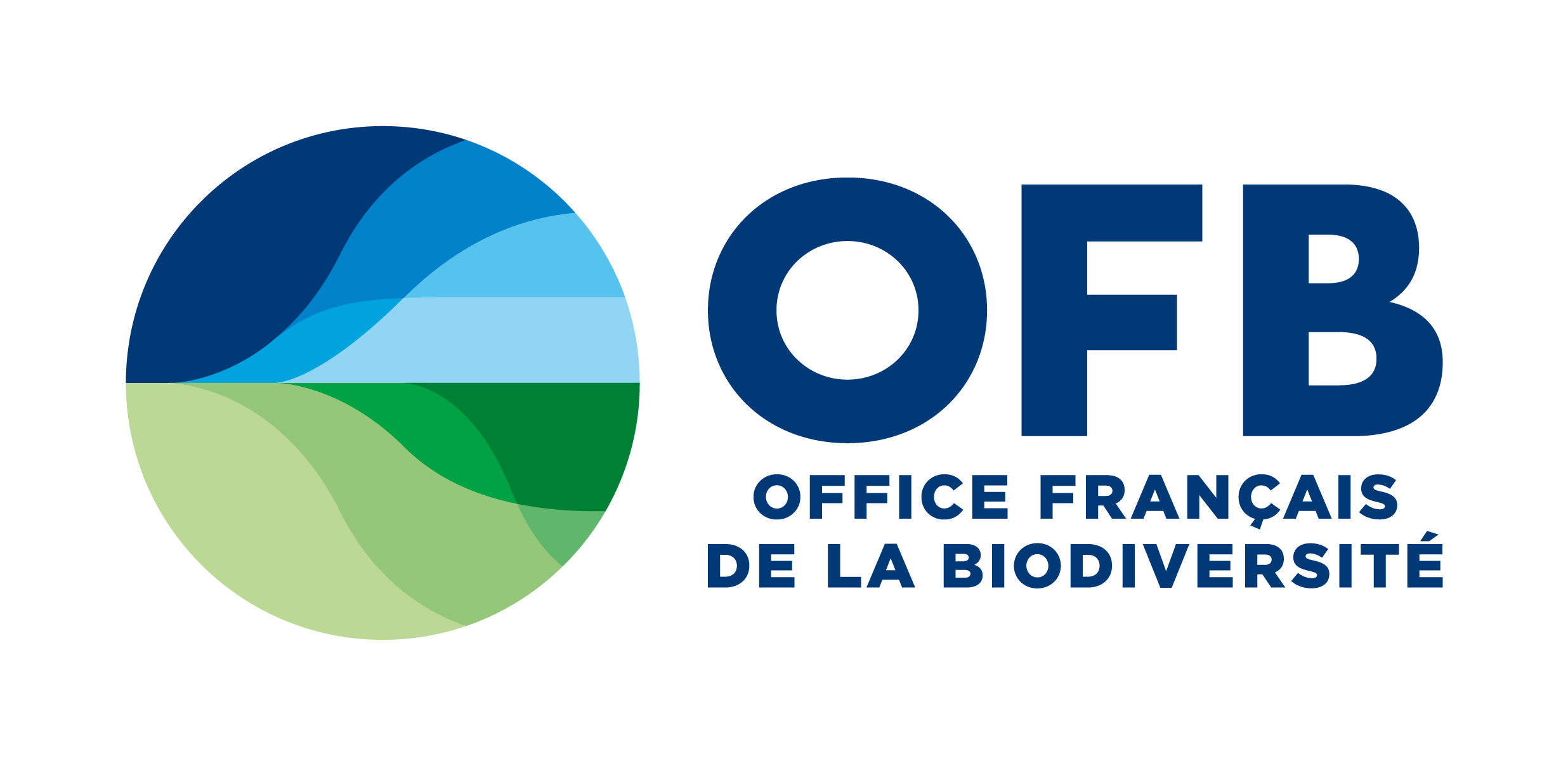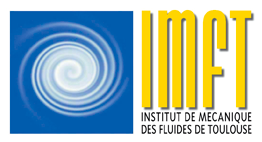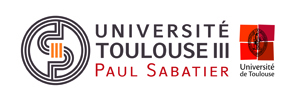Partnerships

FERMaT Research Federation
http://www.federation-fermat.fr/
The central objective of the FERMaT (Fluids, Energy, Reactors, Materials and Transfers) research federation is to initiate and support interdisciplinary research projects in large areas of Engineering Sciences in Toulouse and its region.
The core of this Federation is composed of teams belonging to 6 laboratories:
- Chemical Engineering Laboratory
- Toulouse Institute of Fluid Mechanics
- Biotechnology Institute, Bio & Chemical Engineering
- Interuniversity Center for Materials Research and Engineering
- Laboratory on plasma and conversion of energy
- Laboratory for Analysis and Architecture of Systems
- Other regional laboratories are associated on a more occasional basis.
5 active research themes
- Multiphase flows
- Materials and Applications
- Engineering of living organisms
- Porous Media and Colloids
- Microfluidics and Microreactors
The IMFT is associated with the FERMaT Federation
Several teams of the Institute of Fluid Mechanics are regularly involved in projects of the FERMAT federation since its creation and the laboratory has been able to host equipment financed in the the framework of this federation and thus open to all its members.

Sustainable engineering of georesources
ISIFoR federates academic research dedicated to energy and environmental issues of the subsoil in the South-West.
ISIFoR, certified Carnot since 2011, is a group of 11 public research laboratories, 750 research ETP including 450 doctoral and post-doctoral students, as well as 8 supervisory bodies, all gathered between Anglet, Bordeaux, Pau and Toulouse, and strong of know-how and multi-disciplinary skills.
ISIFOR
• federates academic research dedicated to energy and environmental issues of the subsoil in the South-West
• supports French and international companies in their R&D projects dedicated to the sustainable engineering of georesources
• develops public-private partnership research on the markets of sustainable exploitation of the subsoil: georesources, underground storage (energy and CO2), deep geothermal energy.
Three IMFT teams are developing collaborative projects whose keywords are often oriented towards specific application aims.

The French Office for Biodiversity
Within the eco-hydraulics cluster (multi-year partnership agreement between IMFT and ONEMA, now the French Office for Biodiversity), scientific interactions are mainly based on research actions with clearly stated operational objectives.
The IMFT/OFB synergies allow to formalize original scientific objectives resulting from the needs expressed in the framework of the management of the rivers, and to answer effectively to regulatory requests, such as for example the restoration of the ecological continuity of the rivers (sizing and the follow-up of effectiveness of the passes with macro-rugosities, the mechanisms allowing to understand the sedimentary transit at the right of the weirs and dams, the hydraulic management of marshes to improve the piscicultural crossing and the characterization of the aquatic habitat starting from the hydrodynamic models.

« MFEED platform: numerical simulation for fluid mechanics »
Numerical simulation in fluid mechanics (Computational Fluid Dynamics) contributes to the resolution of complex problems in the fields of energy, but also in environment.
The methodologies and approaches used by the MFEED platform of the IMFT (UMR 5502 CNRS/INPT/UPS) come from the fundamental research developed in the laboratory.
The platform, composed of two confirmed engineers, has developed, in collaboration with IMFT researchers.



